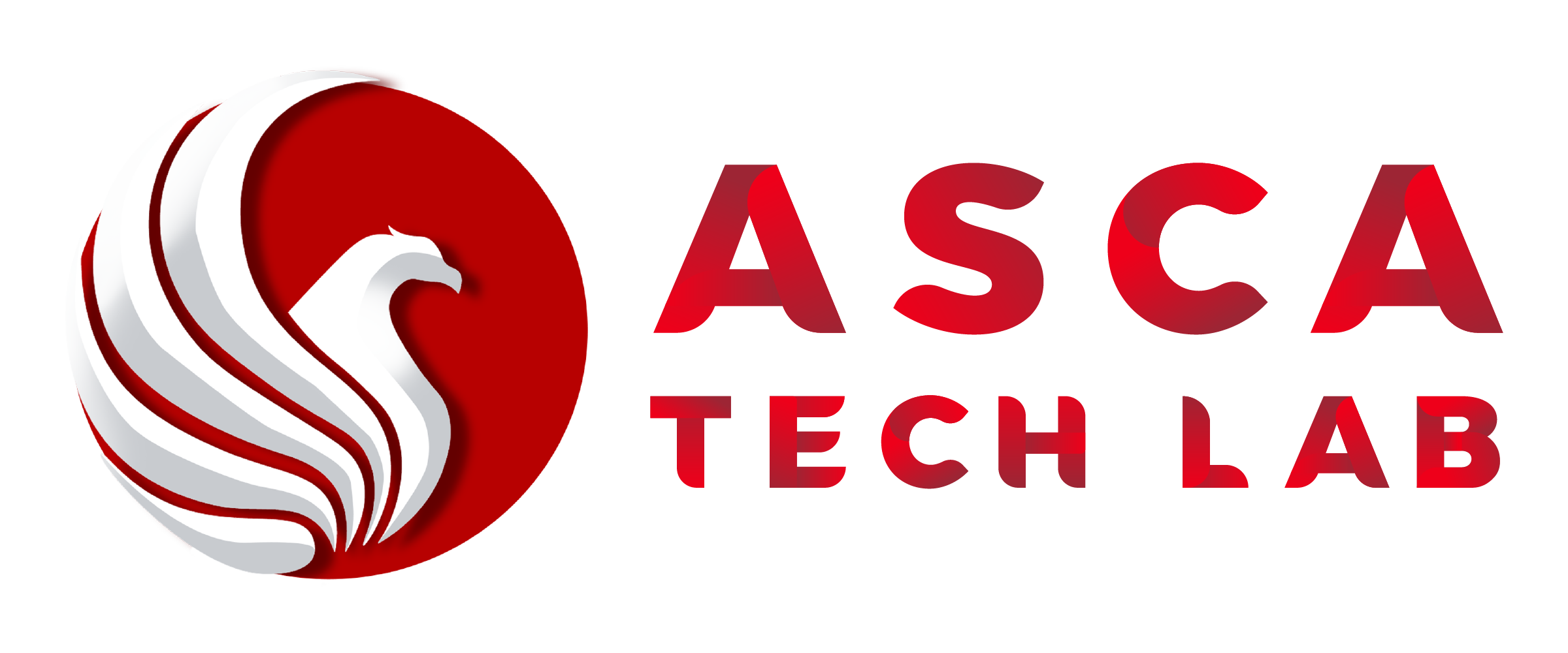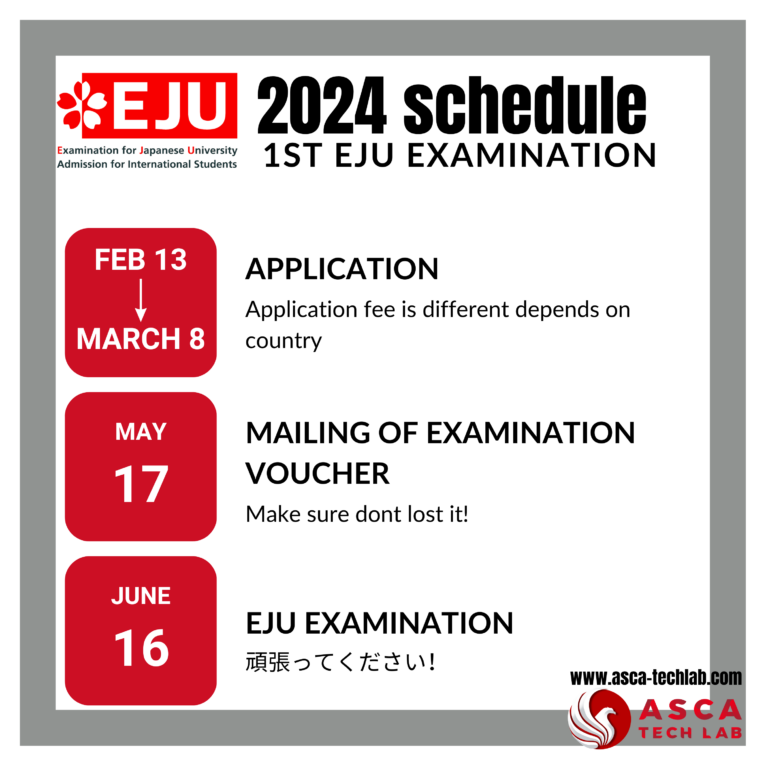Going to the hospital would confuse newcomers because of the different systems and structures. This guide will cover all the information you need about visiting a Japanese hospital.
STEP 1: Know which clinic/ hospital is right for you
Unlike other countries, it is not common for Japanese citizens to have a designated doctor to visit in all cases of illness or injury. This is because clinics here are separated into specialties. The list below is of common departments and examples of illness/ injury.
Internal Medicine (内科)
Explanation: Specialize in medicine-based treatments rather than surgery.
Examples of illness/injury: cold, flu, regular checkup. However, some prefer to go directly to the Ear, Nose, and Throat(耳鼻科)for illnesses such as stuffed noses or fever that starts from the throat.
Pediatrics (小児科)
Explanation: Clinic/department specialized for children up to 15 years old.
Example of illness/injury: Varies that are related to children. However, some prefer to go directly to Dermatology(皮膚科) for skin-related illnesses such as rashes or ENTs(耳鼻科)for illnesses such as stuffed nose or fever that start from the throat.
Obstetrics and Gynecology (産婦人科)
Explanation: Checkups and treatment related to women’s reproductive system
Example of illness/injury: Pregnant checkup, irregular period, intense period pain
Dermatology (皮膚科)
Explanation: branch of the medical deals with the skin
Examples of illness/injury: rashes, pimple problems, dry skin, sweat problems, Candidiasis
ENTs- Ear, Nose, and Throat (耳鼻科)
Explanation: treat diseases and disorders of the ear, nose, and throat, including problems with the sinuses and inner ear
Examples of illness/injury: sore throat, allergy, Ear infection, Sinusitis, Hearing disturbance
Gastroenterology (消化器)
Explanation: the branch of the medical that deals with diagnosing and treating disorders of the gastrointestinal tract and related organs.
Examples of illness/injury: Coeliac Disease, Constipation, Diarrhea, Gastric, GORD,
Respiratory (呼吸器)
Explanation: the branch of the medical that is concerned with the lungs and respiratory system
Examples of illness/injury: asthma, chronic obstructive pulmonary disease (COPD), pulmonary fibrosis, pneumonia
Orthopedic Surgery (整形外科)
Explanation: Specialize in surgical treatment
Examples of illness/injury: joint problem, gout, frozen shoulder (syndrome), bone fracture, Scratches and scars
Psychiatry (精神科)
Explanation: medicine focuses on the diagnosis, treatment, and prevention of mental, emotional, and behavioral disorders.
Examples of illness/injury: depression, ADHD, panic disorder, anxiety disorder, sudden loss of interest in anything, changes in sleeping habits, difficulty in interacting
Endocrinology (内分泌)
Explanation: physiology and medicine are concerned with endocrine glands and hormones.
Examples of illness/injury: Thyroid Disorders, obesity, Adrenal insufficiency
Ophthalmology (眼科)
Explanation: concerned with the diagnosis and treatment of disorders of the eye.
Examples of illness/injury: allergy, dry eyes, cataracts, vision problems
Dentist(歯科)
Explanation: illness and other conditions that affect the teeth and gums
Examples of illness/injury: cavity, toothache, bleeding gum
STEP 2: Prepare your Health Insurance
Depending on your residency status, your type of health insurance will differ. With health insurance, most Japanese Residents have covered 70% of their healthcare costs, having only to pay 30%. In other words, you don’t have to worry about high-cost medical care.
Here are the types of health insurance. Ensure you have all the documents before heading to the hospital/clinic. You might have to pay 100% of the medical cost if you don’t have all the documents.
Employees’ Health Insurance (EHI) 健康保険
Insurance for those who work a full-time contract (30 hours a week or more). A part-time worker can also apply it with certain conditions. Refer here for more information.
- Employees’ Health Insurance (EHI) 健康保険
Insurance for those who work a full-time contract (30 hours a week or more). A part-time worker can also apply it with certain conditions. Refer here (https://www.nenkin.go.jp/international/japanese-system/employeespension/employee.html) for more information. - Long Life Medical Care System (MCS) 長寿医療制度
This insurance/system is for the elderly. It applies to those 75 or older or 65 or above with disability. Be noted that this is only for long-term residents. A traveler with no valid visa is not eligible for insurance even if they passed the age condition. - Japanese National Health Insurance (NHI) 国民健康保険
NHI is the health insurance that everyone falls under if an alternative is unavailable. This applies to the unemployed, self-employed, those without full-time contracts, and students. Of course, this is only for those with an applicable visa. You can join National Health Insurance (NHI) at your local city or ward office. - Private Insurance (Travel insurance) 私的保険
Used only by those with a short-term visa (less than 90 days). Be noted that only certain hospitals/clinics will accept it. Meaning you need to check on the coverage of your insurance provider. Here are 2 of the insurance providers ASCA Tech Lab can recommend.
- Sompo Japan https://www.sompo-japan-off.jp/travelins/travelins_en.html
- TOKIO OMOTENASHI POLICY https://t-o.tokiomarine-nichido.co.jp/IB01/dfw/IB01/ZS3101_WC/main2#__ZS_hash
STEP 3: Arriving at the hospital
Find the receptionist and tell the receptionist that you want to see the doctor. Here are the sample Japanese terms that you can use.
| English | Japanese (Romaji) | Japanese |
| I would like to see the doctor | Shinsatsu wo onegaishimasu | 診察をお願いします |
| I have a fever | Netsu ga arimasu | 熱が あります |
| I feel nauseous | Hakige ga shimasu | 吐き気がします |
| I have constipation | Benpi desu | 便秘です |
| I have diarrhea | Geri desu | 下痢です |
| My ______ hurts | _____ ga itai desu | ______が痛いです |
| My ______ ichy | _____ ga kayui desu | ______が痒いです |
| ear | mimi | 耳 |
| tooth | ha | 歯 |
| throat | nodo | 喉 |
| eyes | me | 目 |
| nose | hana | 鼻 |
| back | koshi | 腰 |
| head | atama | 頭 |
| stomach | onaka | お腹 |
| Cough | seki | 咳 |
| Runny nose | Hana mizu ga demasu | 鼻水がでます |
| Hay fever | kafunshou | 花粉症 |
| My periods are irregular | Seiri ga fujun desu | 生理が不順です |
| I am on my period | Seirichu desu | 生理中です |
| allergy | arerugi | アレルギー |
| Diabetes | Tounyoubyou | 糖尿病 |
| asthma | Zensoku | 喘息 |
STEP 4: Buy your prescription medications
Buy your medication at a pharmacy. But don’t get confused between a drugstore (薬局) and a pharmacy(調剤薬局). They have the same meaning, but, na-ah, not in Japan.
After meeting the doctor, you will receive a prescription(処方せん) that contains information about what medications you will need. Bring the prescription to any of the pharmacies (調剤薬局) with your insurance documents. Also, if you are a resident, preparing your medication book (薬手帳) is good too.
- Your insurance ID numbers etc
- Name, BOD, Sex
- Name of the hospital/clinic,
Phone No, Doctor’s name
- Your medications/drug list
- Information about Generic Drug


